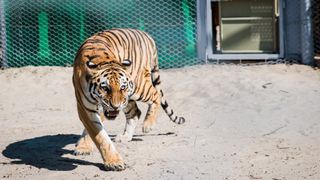Science News: Recent scientific discoveries and expert analysis
Read the latest science news and recent scientific discoveries on Live Science, where we've been reporting on groundbreaking advances for over 20 years. Our expert editors, writers and contributors are ready to guide you through today's most important breakthroughs in science with expert analysis, in-depth explainers and interesting articles, covering everything from space, technology, health, animals, planet Earth, and much more.

Explainers | Everything you need to know about the science news that matters.

Science Spotlight | Shining a light on new science transforming our world.
Latest news

Ancient Greek mystery cult priestesses may have chemically tweaked fungus to induce psychedelic hallucinations
By Tom Metcalfe published
Ancient followers of the Eleusinian Mysteries may have used a highly toxic fungus to create psychedelic hallucinations during their rituals, a new chemical analysis suggests.

March could be the best month for the northern lights for nearly a decade
By Jamie Carter published
March 2026 could be the best month for the northern lights until the mid-2030s, as celestial mechanics and solar activity combine for potentially potent results.
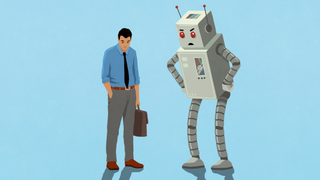
Scientists made AI agents ruder — and they performed better at complex reasoning tasks
By Drew Turney published
A new project allowed AI chatbots to interrupt, stay silent or speak up the way humans do in conversation, and it made them smarter and more accurate.
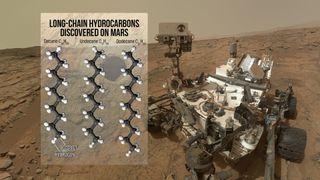
Giant string of organic molecules on Mars may be one of the best signs of life yet
By Ivan Farkas published
A new NASA analysis concludes that it is "reasonable to hypothesize" that living things could have formed the odd organic molecules discovered on Mars.
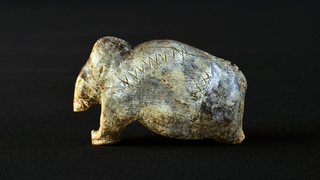
Paleolithic humans invented an 'early predecessor to writing' at least 40,000 years ago, carved signs suggest
By Kristina Killgrove published
A statistical analysis of a series of signs carved into artifacts from around 40,000 years ago suggests humans developed proto-writing in the Stone Age.
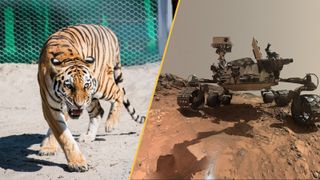
'Spiderwebs' spotted on Mars as NASA's moon program gets a major shakeup, tigers set to return to Kazakhstan, and why 'monogenic' diseases might not be so simple after all.
By Ben Turner published
Science news this week Feb. 28, 2026: Our weekly roundup of the latest science in the news, as well as a few fascinating articles to keep you entertained over the weekend.
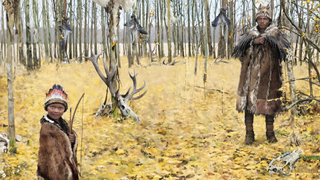
Stone Age boy in Sweden was buried in deerskin and a woodpecker headdress, archaeologists discover
By Kristina Killgrove published
A new method of studying the contents of soil samples has revealed Stone Age people in Sweden were buried in decorated fur-and-feather clothing.
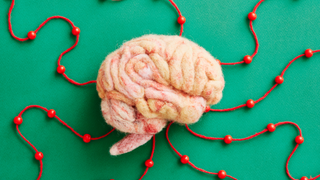
Acing this new AI exam — which its creators say is the toughest in the world — might point to the first signs of AGI
By Tristan Greene published
Humanity’s Last Exam is a PhD-level benchmark designed to test the limits of AI reasoning. Although Google’s Gemini 3 scored a staggering 48.4%, experts stress that this does not indicate the arrival of artificial general intelligence (AGI).
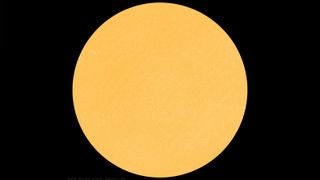
The sun just experienced its first 'spotless days' in 4 years — but we're not in the clear yet
By Harry Baker published
Earlier this week, the number of visible sunspots on our home star fell to zero for the first time in 1,335 days. This normally indicates a period of greatly reduced solar activity, but it's still too soon to relax, experts say.
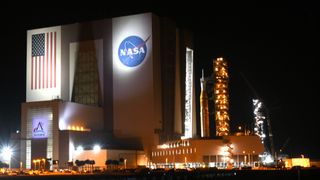
NASA announces sweeping overhaul of Artemis return to moon
By Ben Turner, Brandon Specktor published
A major shakeup to NASA's Artemis program will step rocket launches up to an annual basis, and discard a Boeing-designed upper stage.
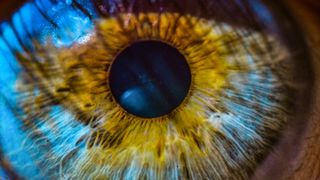
Inherited diseases don't work like we thought they did
By Stephanie Pappas published
"Monogenic" diseases, triggered by mutations in just one gene, may actually be more complex than scientists thought.
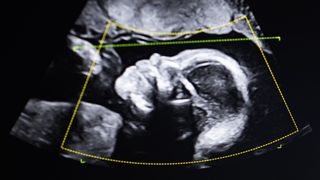
'It doesn't lie. So who are you?': What happens when DNA tests show a woman is not the mother of the child she gave birth to?
By Lise Barnéoud published
"At first, I kind of laughed … But they were serious. I could just see the seriousness in their faces." In this book excerpt, Lise Barnéoud explores the limitations of DNA testing.
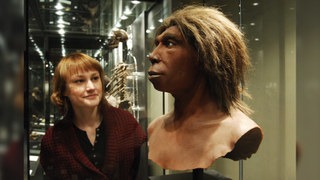
Humans and Neanderthals interbred — but it was mostly male Neanderthals and female humans who coupled up, study finds
By Kristina Killgrove published
A preference for pairings between male Neanderthals and female Homo sapiens may answer the question of why there are "Neanderthal deserts" in human chromosomes.

Rubin Observatory alerts scientists to 800,000 changes in the sky in one night
By Elizabeth Howell published
The Vera C. Rubin Observatory sent scientists nearly 1 million astronomy alerts in one night, showing off changes in the sky. Eventually, the telescope is expected to reach 7 million alerts per night.
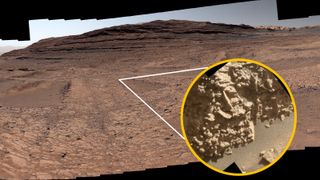
Giant 'spiderwebs' on Mars contain tiny egg-like structures that scientists 'can't quite explain,' NASA rover reveals
By Harry Baker published
New photos captured by NASA's Curiosity rover show that Mars' giant, spiderweb-like "boxwork" features are covered in tiny, never-before-seen nodules that bear a striking resemblance to arachnid eggs. And researchers are struggling to explain them.
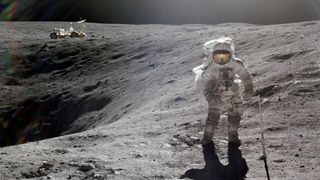
Fresh look at Apollo moon rocks solves decades-old lunar mystery
By Elizabeth Howell published
The lunar rocks collected by Apollo astronauts suggested the moon had a strong magnetic field. A new analysis shows the opposite.
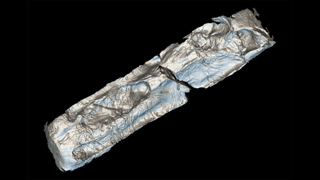
Babies weren't supposed to be mourned in the Roman Empire. These rare liquid-gypsum burials prove otherwise.
By Kristina Killgrove published
Despite historical records saying otherwise, Roman babies were mourned at death, research into unique plaster burials from York reveals.
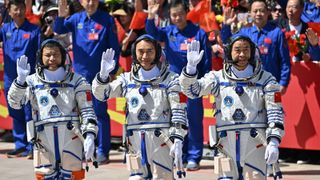
Chinese astronauts describe moment a crack was discovered on Shenzhou-20 spacecraft
By Patrick Pester published
Taikonauts from the ill-fated Shenzhou-20 mission have described what happened when they discovered cracks on their spacecraft as they prepared to depart China's Tiangong space station last year.
Get the world’s most fascinating discoveries delivered straight to your inbox.
 Live Science Plus
Live Science Plus











